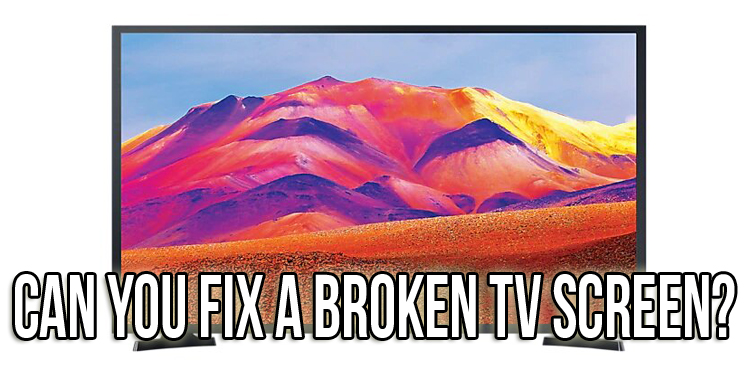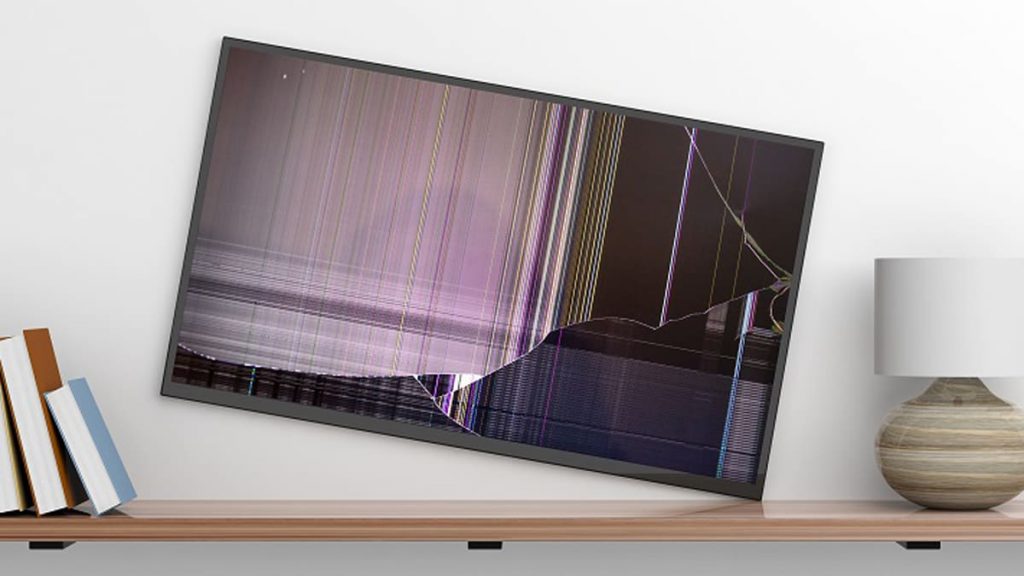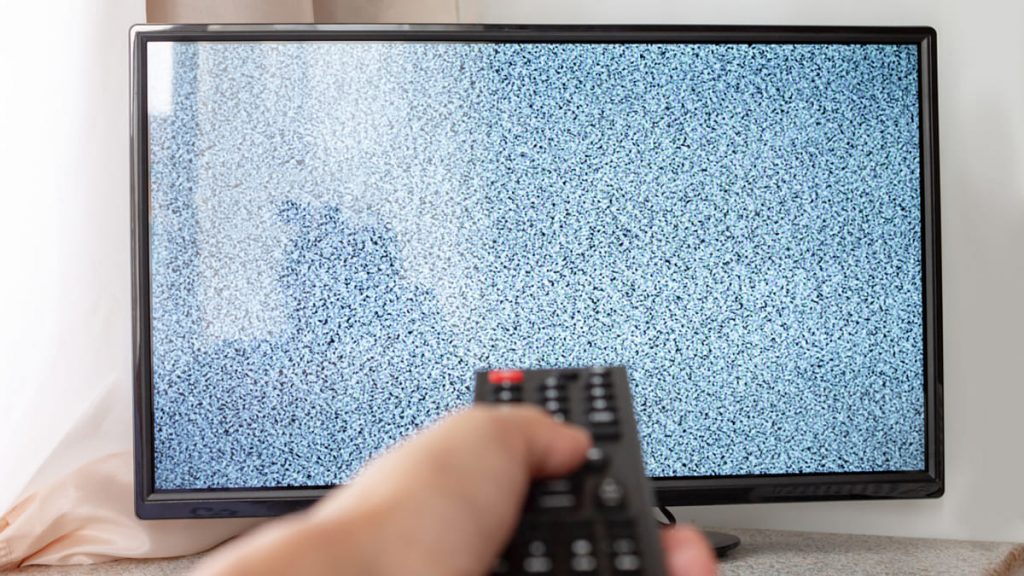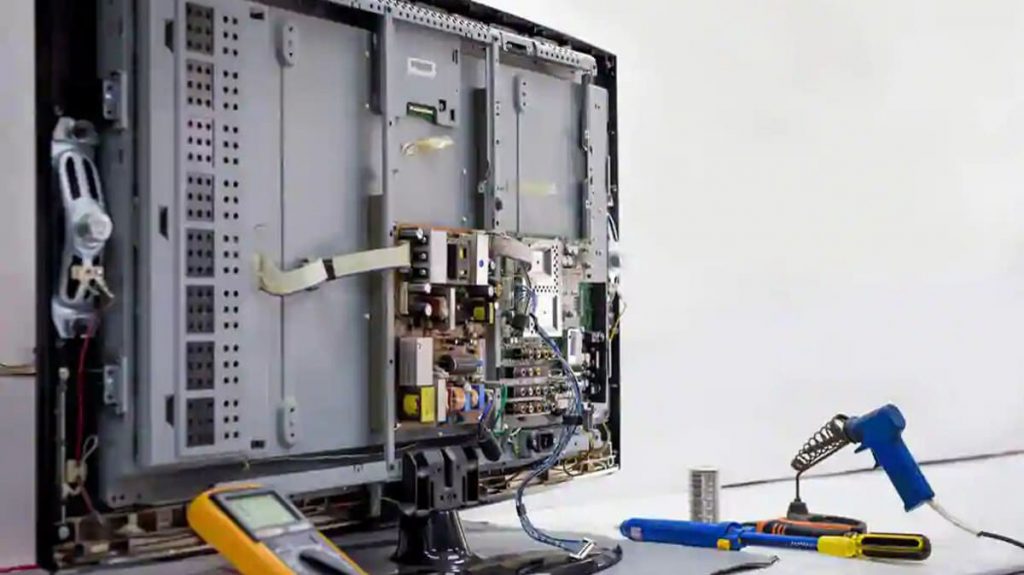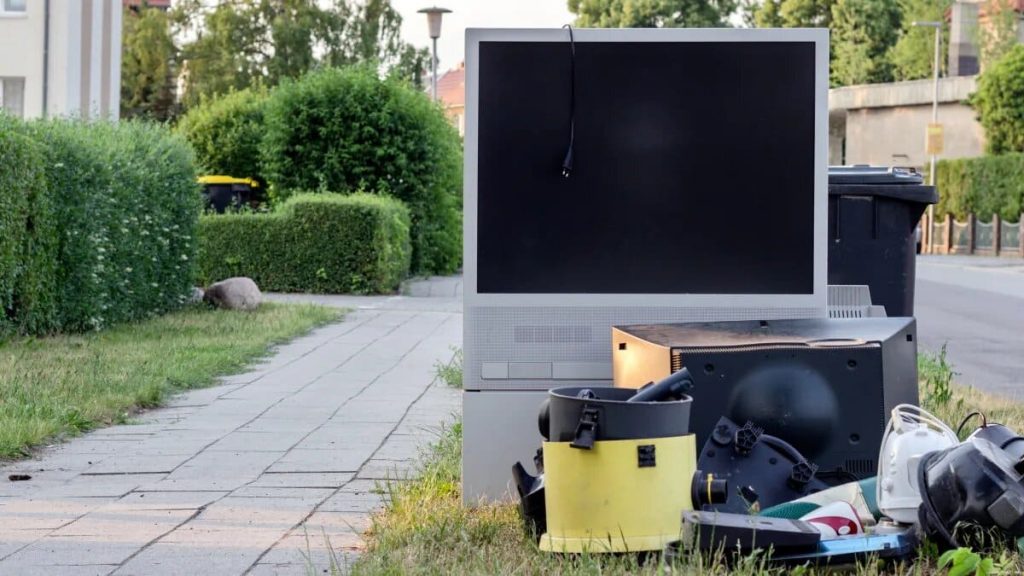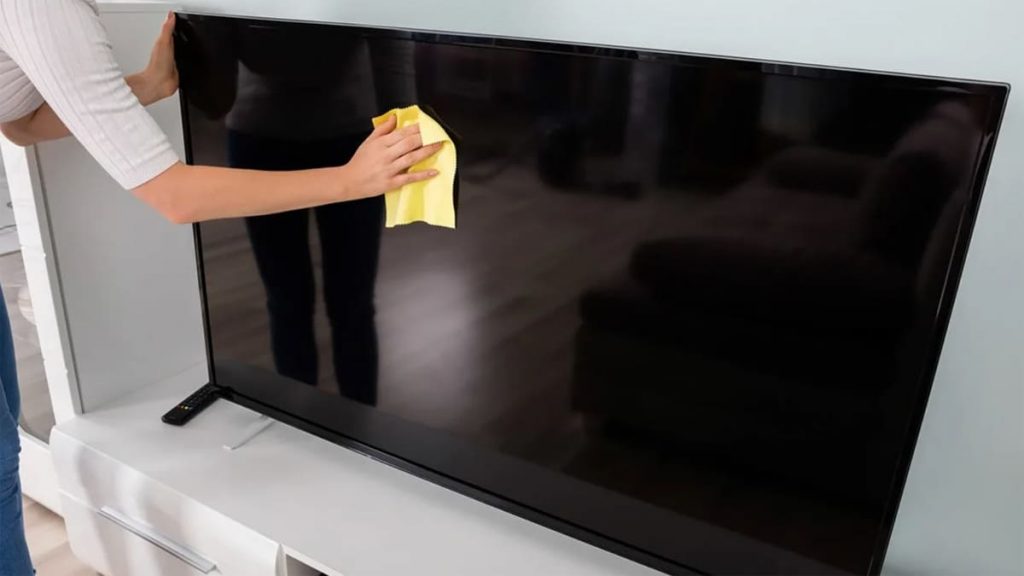One of the worst things that can happen to a TV is a broken screen. Any defect, including cracks, makes it impossible to comfortably watch your favorite shows or movies. In some situations, the technique will generally stop showing the image. Trouble can happen for various reasons, for example, due to the fall of the TV, or hitting the display with solid objects (toys, balls, etc.).
Unfortunately, the repair of equipment in many situations will become impractical. First, it all depends on the damage. Secondly, a working replacement display is simply hard to find. Entire used screens are practically non-existent on sale, and manufacturers do not offer such spare parts to users at all. And thirdly, the display is the most expensive part of the device, which makes replacing it a waste of money. Thus, a broken TV screen is a user’s worst nightmare. What to do in such a situation will be described in detail below.
Why is the cost of the screen so high
To understand the pricing of a specified part, you need to consider the entire process of its manufacture. As a rule, TVs and displays for them are made in China, in particular at the BOE Technology plant. The company produces most screens for different device models (Vizio, Sony, LG, Samsung, etc.).
LCD elements are produced by joining two sheets of thin glass. One of them contains transistor “cells” formed by applying ITO – a layer of indium tin oxide. The metal alloy allows you to transmit an electrical signal to the display. Next comes the silicon layer and millions of precisely shaped electronic components. This step is repeated to create cells for each screen pixel. The procedure requires precision down to a few microns.
Since the production described above requires thousands of engineers, the final cost of the product will be very high. As a result, only a few companies in the world make screens for TVs.
There are several other reasons for the high cost of devices. Firstly, the delivery of equipment and components is carried out from China around the world, and its cost is high. In addition, not every unit of goods produced in the Celestial Empire reaches the end consumer. Some TVs are damaged at the time of delivery. Secondly, the manufacturer rejects every third device, which affects the profit. Therefore, taking into account the costs and the percentage of non-conformity, the costs of manufacturing equipment ultimately account for a significant share in the retail price for a particular model.
Does the warranty cover defects in the display of the TV
Many users are wondering if the warranty card covers cases related to screening damage. Actually, the answer is simple. The manufacturer guarantees the return of the goods or their free repair within a year. During this time, all possible defects that were not paid attention to during production can be eliminated by certified centers. However, these rules apply to manufacturing defects such as lines, discoloration, spots, streaks, etc. on the screen.
At the same time, it is worth remembering that defects caused by careless handling of equipment are not covered by the warranty. If the matrix has been damaged due to impact or other mechanical impacts, then the user will not be able to return the product within the period established by law, exchange it, or repair it free of charge. This is directly stated in the documents that the buyer receives along with the goods. So, manufacturers do not cover damage to the TV associated with:
- cosmetic defects;
- development by the device of a normative resource;
- incorrect operation;
- improper connection of the TV to the power supply;
- power supply problems at home (power surges);
- incorrect transportation;
- consequences of emergency situations;
- incorrect use of the software or its self-adjustment;
- low-quality repairs made by the user himself or with the involvement of third-party craftsmen who are not related to authorized service centers.
The user is strongly advised to keep the receipt and documents from the TV during the warranty period. This will save you from problems in case of factory defects, including screen defects.
How to get rid of a TV that does not make sense to restore
If the damage to the TV is too serious, then there is no point in investing money in it. However, after buying a new device, the user may have a question, what to do with the broken one? There are two options here.
Sell
Anything can be sold at specialized sites or among friends. It is important that the equipment has working (solid) elements. Some people repair old TVs, assemble radio components, speakers, circuit boards, and LED strips for their own projects, or restore appliances for resale. Such a person will certainly be interested in a TV with only one screen damaged. The question will be only at what price the user is ready to give away the device he does not need.
There are many ways to sell a TV with a defect. However, to begin with, it is worth asking around about the interest of friends. Then it is worth switching to online platforms. It is enough to describe in detail the technique and the reason why it has lost its functionality, take a picture of the information sticker, and also take a couple of pictures with damage and a general plan of the device.
Throw out
If it is not possible to sell the TV set, or it needs to be urgently disposed of in order to make room, then the second option is suitable for the user – disposal of the device. Do not throw such things in the trash can. You can get a big fine for this. Therefore, it is recommended to use the following methods:
- Call the specialists of the organization that disposes of household appliances and electronics. Such services are available in many cities. Contact information can be found online. The removal of the TV from the house will be free.
- Return the device to the store. The user should ask in which outlets they accept old equipment. Usually a good discount is offered for a failed device. Perhaps this way it will be possible to purchase a new TV, saving on the purchase.
Currently, social networks and groups are becoming increasingly popular, in which you can place an ad on the principle of “Give it away for free”. If it was not possible to sell the TV, you can try to get rid of it or exchange it for something else.
How to Reduce the Risk of TV Screen Damage
Since the repair of the display will be expensive, the user is advised to take measures to prevent damage to the display. Experts recommend two main ways to help protect the matrix from damage.
The easiest option is to buy a special film for the screen. It will really help to facilitate the process of cleaning the room. The user no longer has to worry that scratches may remain when wiping the screen. At the same time, the accessory will not save you from a stronger mechanical impact. For reliable protection of the display, it is better to purchase a protective screen. It is made from different materials, including plastic, acrylic, polycarbonate and glass. The undoubted advantage of such a device is the ease of installation.
The second way is to place the TV on the wall. If it is high, then the probability of hitting the screen with toys will be minimal. However, the process must be taken seriously. So, it is important to choose a reliable bracket that holds the device and allows you to easily rotate it.
Protective screen should be chosen based on its quality. Cheap materials will inevitably lead to a loss of brightness and color reproduction of the TV, and will quickly become covered with scratches. It is better to give preference to glass screens with electromagnetic protection, which improves the picture and reduces glare.
Findings
Thus, repairing a TV with a damaged screen is in most cases impractical. The user is advised to buy a new device and sell, exchange or dispose of the old one.
To protect the most expensive part of the equipment, it is recommended to move the TV away from children and animals, for example, place it on the wall and supplement the device with a protective screen. In this way, you can reduce the risk of damage and save a significant part of the family budget.
